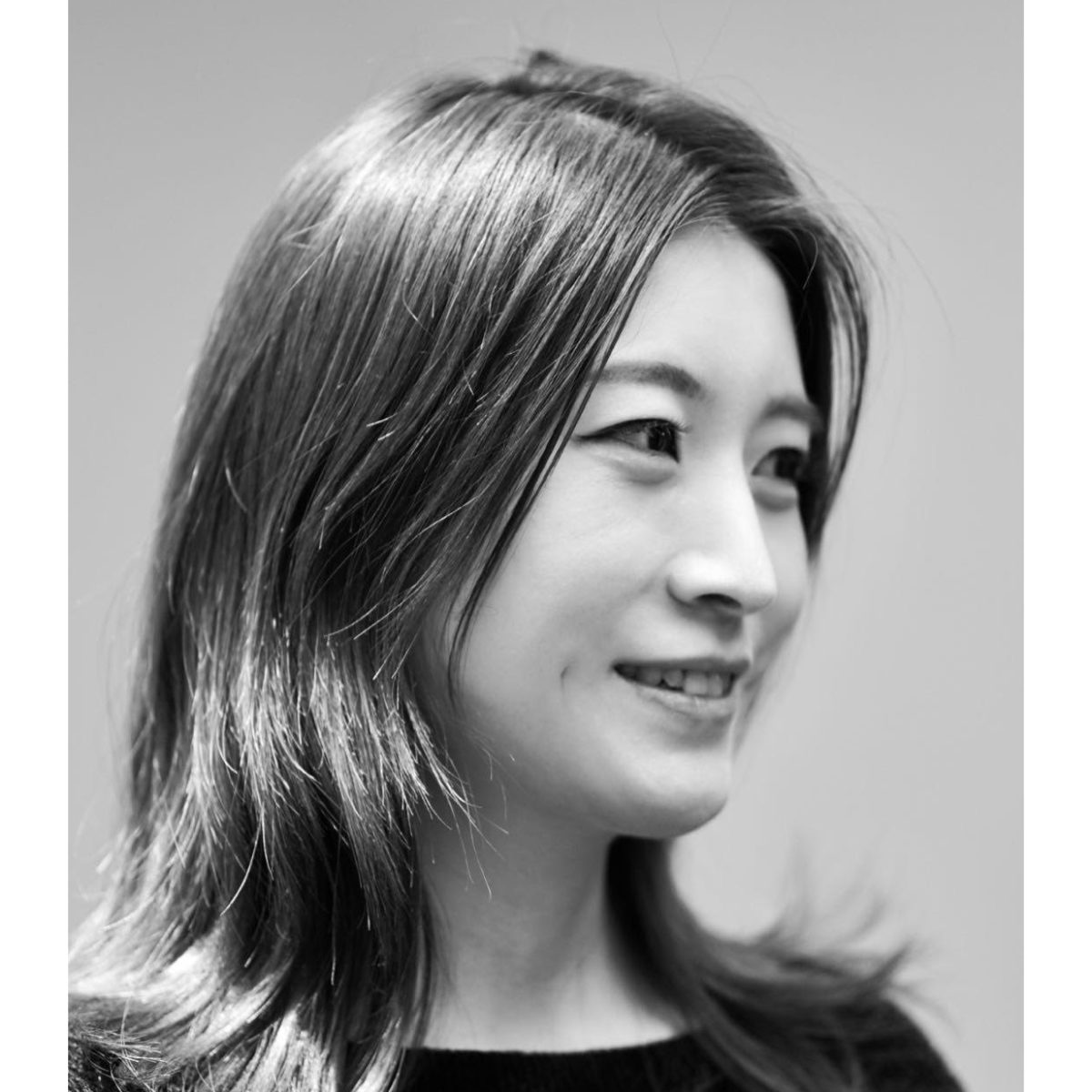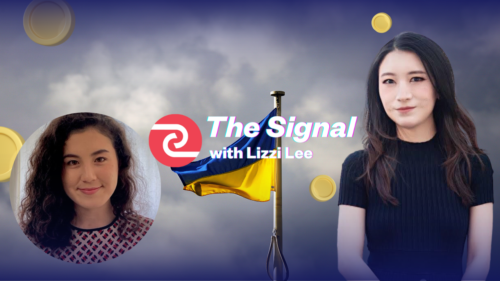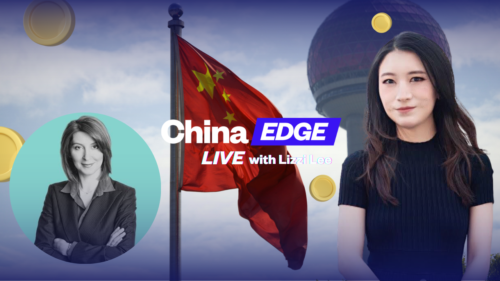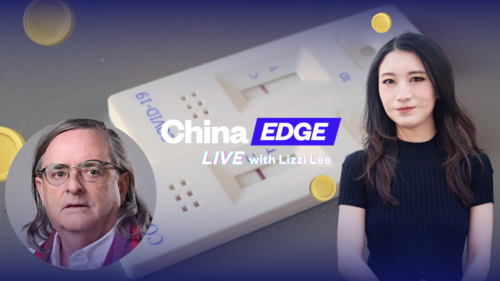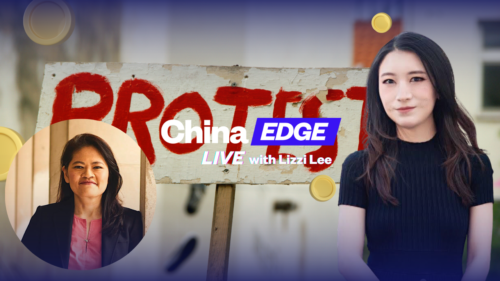William Hurst on how will Beijing respond to COVID protests | Live with Lizzi Lee
Professor William Hurst of Cambridge University discusses the recent protests against COVID zero that have mushroomed up all over China, and how Xi Jinping might react.
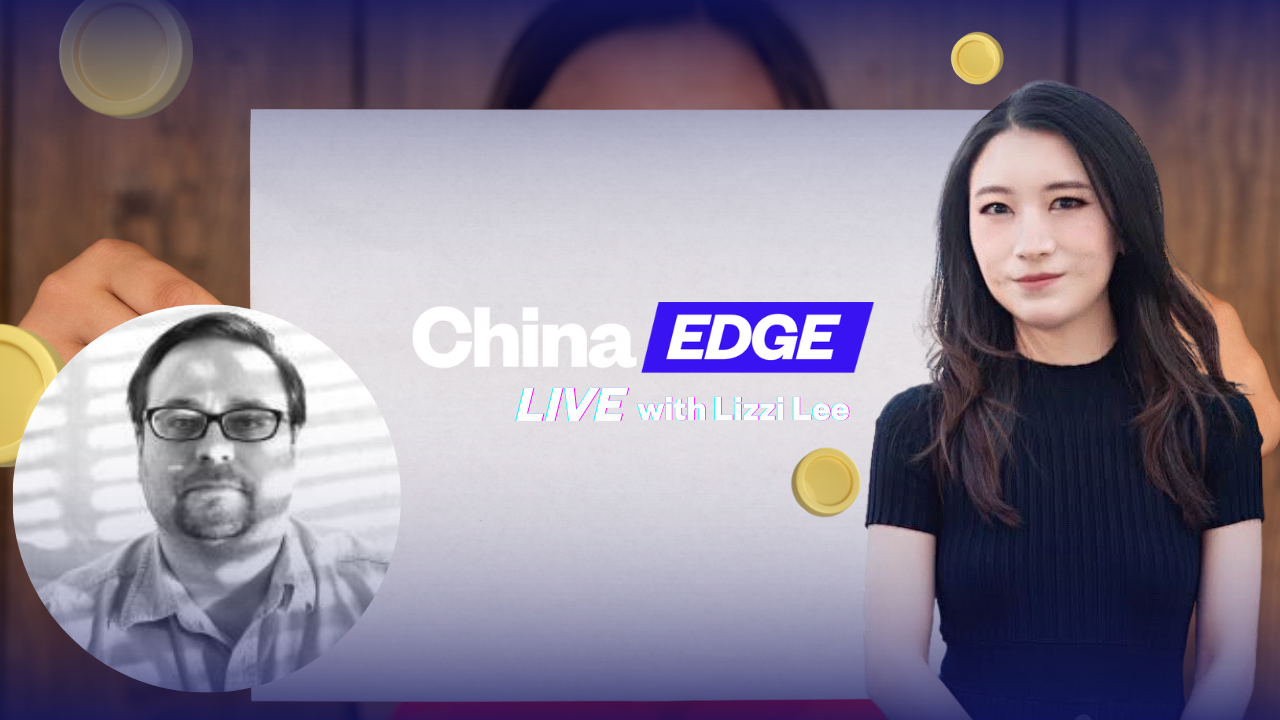
In this episode of Live with Lizzi Lee:
William Hurst, a professor at Cambridge University, explains the significance of China’s protests erupting in multiple major cities over the weekend. Prof. Hurst elaborates on why he thinks Beijing would see the protests as very threatening and extremely problematic, and how Xi Jinping’s administration will likely respond.
Below is a transcript of the video:
Lizzi Lee: Joining me today is University of Cambridge professor William Hurst. Professor Hurst, thank you so much for being here with me.
William Hurst: Thank you very much for having me. It’s very good to be here.
Lizzi: So, Professor Hurst, can you first please help us understand the significance of the current protests? How rare are such public scenes of anger and defiance in China these days?
William: Well, I think it’s important to separate out what is common and what is special about the protests. So what’s common about the protests is just the fact that there are protests. There are lots and lots of protests across China every day in villages, in small towns and large cities, by workers, by students, by farmers. We see all of these different strands of protests around environmental issues, around various other things constantly. And that’s been a constant over many, many years.
What’s special about these protests, I think, are two things. First of all, this anti-lockdown framework has provided a kind of master narrative to bring together otherwise quite distinct or even disparate strands or repertoires of contention around this common theme.
And the second thing is that there has been, at least in a few cases, an articulation of a kind of much more systemic critique of the regime, of the Party and of Xí Jìnpíng 习近平 himself.
Now that that I don’t know how often that’s happened, but it’s happened at least a couple of times.
And then there’s also been another strand of just in the last 24 hours or so, lots of people calling for things like freedom of the press or reduced censorship, holding up the blank sheets of paper, as well as the use of sort of clever irony.
At least in the Beijing protest that happened and at least in the Chengdu protest that I’ve seen, there’s been calls for freedom of the press and in a rather explicit way.
So, all those things are very specific and special about these protests. We don’t see that very often at all. And the fact that that’s occurring really makes this a quite significant incident.
Lizzi: And as you mentioned, while the majority of the protests have been quite specific about the stringent zero COVID lockdowns, in some cases, we do see people cements go beyond that.
In Shanghai, a crowd chanted human rights, freedom, even demands for Xi Jinping and the ruling Communist Party to step down. How are these protests likely perceived by the Chinese leadership in Beijing?
William: Oh, I wouldn’t speak for the Chinese government, but I think that they almost certainly would see this as very threatening and extremely problematic. The question, though, is how best to react from their point of view?
It’s very, very costly to repress, right? There’s no such thing as cheap repression. It costs a lot of resources. It costs a lot of reputation. And it really raises the risks and the stakes dramatically. Repression can turn very ugly, very fast and can spin out of control, even in the worst scenarios. So I don’t I don’t think that the government or the leaders in China are eager to repress the protests.
At the same time, the other possible strategy that’s easily on the table when protests happen is accommodation or bargaining. And if we look at Xi Jinping’s opening speech at the 20th Party Congress and then also the work report. There are so many references there to staying the course, to fighting a total war against the virus, to complete social mobilization around zero COVID.
There’s no way to concede on the zero COVID measures, and there’s really no way that I could ever imagine the CCP giving ground on the other more sort of systemic critiques or demands that have been articulated in a few cases. Xi Jinping is not going to step down.
The Party isn’t going to suddenly liberalize in a massive way. We’re not going to see, you know, major changes to press freedom and so on. So if bargaining is off the table and repression is really costly and dangerous, I think the revealed strategy so far is essentially to wait it out, to hope that this master narrative or umbrella frame that has pulled together workers and students and people upset about government services and things like the fire response and also issues around getting around city and other things that have hampered their daily lives, there’s this narrative, this bringing them all together that could begin to fray, and I suspect that it likely will in the near future.
It’s impossible to predict, and we don’t know. But I think that that’s probably what the leadership is betting on. They’re betting that this will peter out of its own accord and fairly quickly. And if it doesn’t do that, I think the sort of next tool in the box would be some form of repression.
But there are many different kinds of repression, and not all of them are sharp or quick or obvious. And it could be a very slow roll, kind of creeping, repressive response that I think is actually more likely and in fact, probably going to be more effective if the state opts for that.
But I think that is what’s more likely to see than some sort of spectacular one-off repression raids.
Lizzi: People have been making comparisons between this round of protests with Tiananmen in 1989 or Hong Kong in 2019 or 2020. Are those comparisons valid? How would you compare this round of protests to the previous ones?
William: I think we have to be careful about these comparisons. And the reason I think we have to be careful about saying 1989 is that if we look at the 1989 protests, those were very much organized around a general set of criticisms.
There were some people who were very upset about market reform and inequality. There were people who were very upset about what they perceived as structural corruption. There were others who really wanted a change in the character of the regime.
And so all of these came together in a way to directly challenge the leadership of the Communist Party in a way that hadn’t been done in quite some time. That’s not going on now.
The other thing that happened then is that those protests were not repressed effectively for quite some time, but a month and a half.
And during those six weeks or so, they mushroomed. And then the repressive response was total and immediate. On the night of June 3 into June 4. And then for about a week afterwards just extreme violence on the part of the state. That isn’t likely to be repeated, either the arc of the protests or the jolt of that kind of repression.
If we look at Hong Kong in 2019, 2020, let’s say the most recent iteration of the Hong Kong protests, we can go back to 2014, 2003, all the different waves of Hong Kong protests. What was being put on the table by the protesters, though, in the most recent round was what they saw as critical aspects of the one country, two systems relationship of Hong Kong’s political status and of the political system.
In Hong Kong, there wasn’t really room for compromise on any of their five core demands. There wasn’t any sense of gradation, nor did I have a sense at least, and I could be wrong.
I haven’t studied the Hong Kong protests sufficiently in detail, but I didn’t get a sense that there were disparate groups being united around a narrative.
What I do think is perhaps of those comparisons is that what we saw over the course of about 12 months from basically summer of 2019 to summer of 2020, was exactly the kind of slow roll, gradual, targeted, creeping repression, with outbreaks of violence here and there, but not the kind of quick and decisive and very ugly repression that happened, for example, in 1989.
So this slower repression, there is a model for it from these historical parallels. But I think we could probably stop there in terms of drawing the comparison directly because this is a different.
Lizzi: The situation is obviously very fluid now. But if the government fails to diffuse this outburst of unrest in the case that this round of protests actually accumulates to something much more political, will these protests threaten Xi Jinping’s grip on power?
William: It’s very hard to say whether they do or do not threaten that, but I think most likely he would perceive it as a direct challenge and a serious threat if they are not fairly quickly dissipated either by themselves or by some kind of repression.
So, if it continues and it continues to spiral, I think things will become more tense, not less.
And I think we’re in a very difficult, dangerous and nervous time in Chinese politics and society right now. And I don’t think anybody really knows where it’s going. The big question is whether this will be a critical juncture in which basic trajectories can shift or whether we just sort of see things simmer back down and return to the kind of uneasy quotidian we were at a few weeks ago, which could also happen, and I think is still at this point still probably the most likely scenario.
